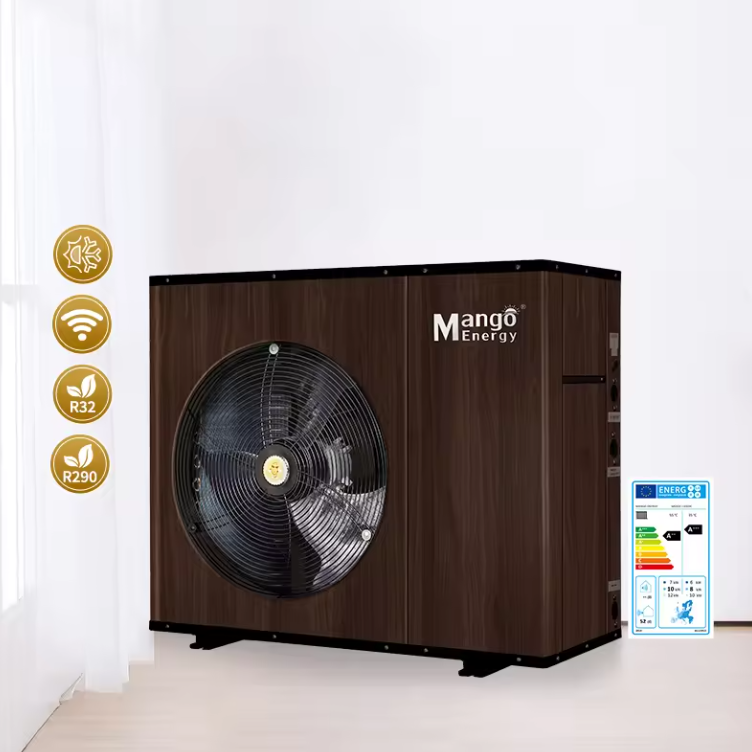
When winter sets in, homeowners often ponder the efficiency of their heating systems. Among the modern options available, air source heat pumps stand out for their versatility and energy efficiency. But how do they fare when the frost sets in? Let's delve into the performance of air source heat pumps during winter months.
Before diving into winter performance, it's essential to grasp the basics of air source heat pumps. These systems work by extracting heat from the ambient air outside, even in cold weather. Using a refrigeration cycle, they absorb heat from the outdoor air and transfer it indoors, providing warmth during the winter months. Additionally, they can reverse this process to provide cooling during summer.
1. Coping with Cold Weather
One concern many homeowners have is whether air source heat pumps can effectively operate in freezing temperatures. Contrary to common belief, these systems can function efficiently even when the mercury drops. Modern heat pumps are designed to withstand cold climates, with advanced features like defrost cycles to manage frost buildup on the outdoor unit.
2. Efficiency in Subzero Conditions
In extremely cold climates, the efficiency of air source heat pumps may decrease slightly compared to milder temperatures. However, technological advancements have significantly improved their performance, allowing them to maintain adequate heating even in subzero conditions. By utilizing variable-speed compressors and enhanced refrigerants, modern heat pumps can adapt to varying outdoor temperatures, ensuring consistent comfort indoors.
3. Supplemental Heating Options
To enhance performance during extreme cold snaps, homeowners can integrate supplemental heating sources with their air source heat pumps. Electric resistance heaters or ductless mini-split systems can provide additional warmth when needed, ensuring comfort even in the coldest weather. Additionally, proper insulation and sealing of the home can minimize heat loss, optimizing the efficiency of the heat pump.



4. Regular Maintenance is Key
To ensure optimal performance year-round, regular maintenance of air source heat pumps is crucial. This includes cleaning or replacing filters, inspecting outdoor units for debris or ice buildup, and scheduling professional tune-ups annually. By keeping the system in top condition, homeowners can maximize efficiency and prolong the lifespan of their heat pump.
5. Environmental Benefits
Apart from their efficiency, air source heat pumps offer environmental benefits compared to traditional heating systems. By utilizing renewable energy from the air, they reduce reliance on fossil fuels, lowering carbon emissions and mitigating environmental impact. This makes them a sustainable choice for environmentally conscious homeowners looking to reduce their carbon footprint.
In summary, air source heat pumps are highly capable of providing efficient heating even in winter conditions. With technological advancements and proper maintenance, these systems can deliver reliable warmth while minimizing energy consumption. By understanding their operation and implementing supplemental heating options when necessary, homeowners can enjoy comfort and savings throughout the cold season. So, when it comes to winter performance, air source heat pumps prove to be a dependable choice for modern heating solutions.


